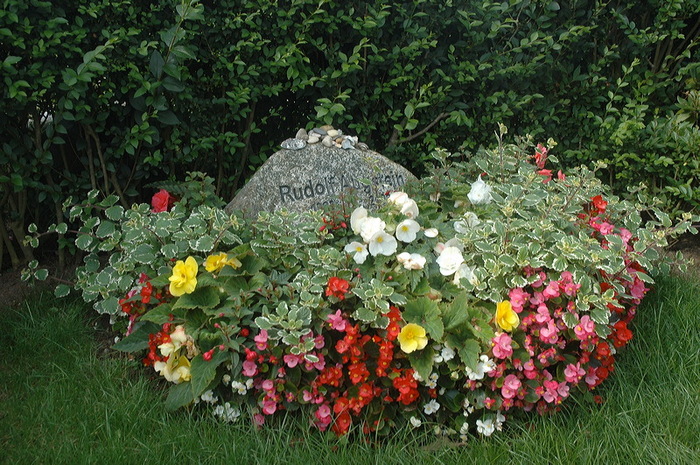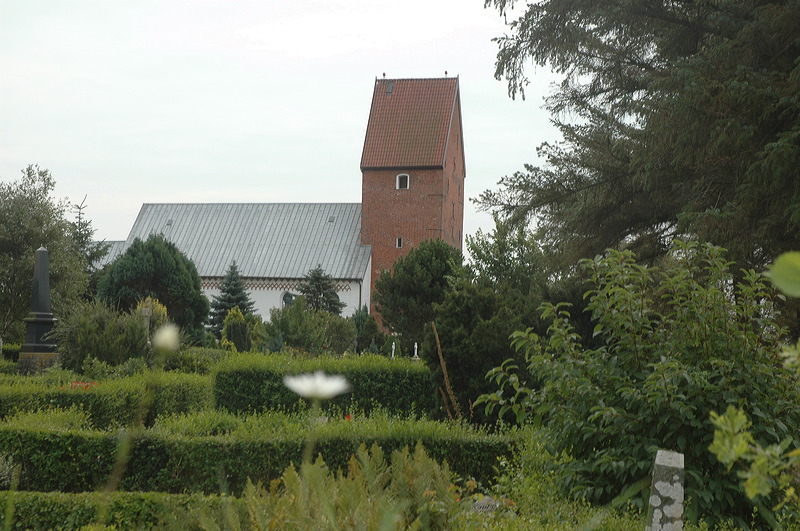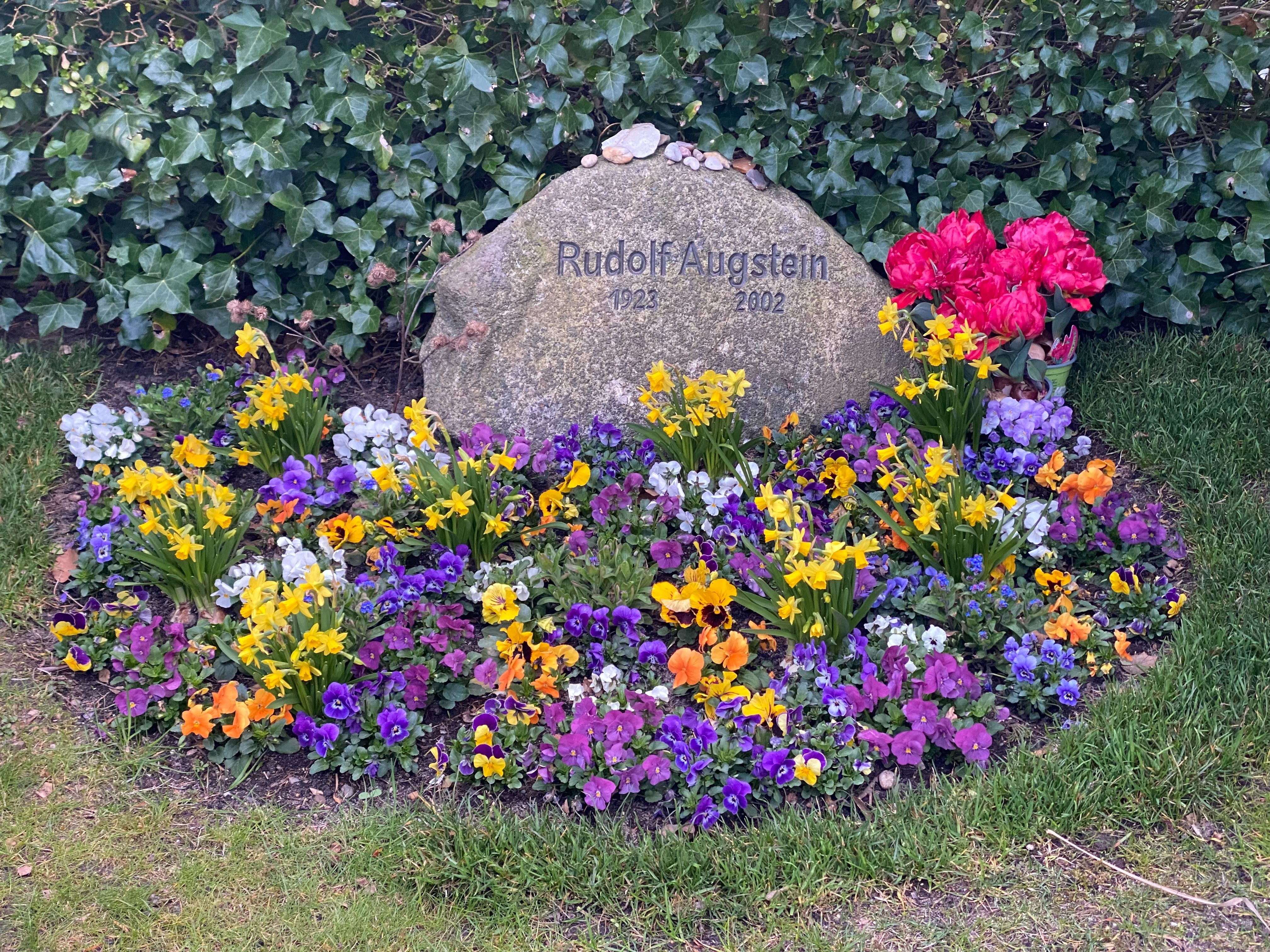Buried at Keitum on the island of Sylt (North Sea).
His oeuvre had enormous influence on German politics after the Second World War. It was Augstein who popularised aggressive, investigative journalism in that part of the world. One main feature of the "Spiegel" was an uncompromising attitude to open discussion about the Nazi period and the involvement of many Germans in that movement. His attitude to social issues can be described as left-leaning libertarian and secular, e.g. in his very critical attitude towards the catholic hierarchy. Especially in the era of Adenauer, Augstein spoke out against the German CDU/CSU-led governments and their vision of a liberal, Western-oriented Germany respecting traditional values, especially Christian ones - a vision which nevertheless proved to be successful, supported by democratic majorities.
He engaged against Germany's rearmament and NATO integration and was critical of West Germany's strong attachment to the United States. The most interesting confrontation was during the "Spiegel" affair in 1962, when the government of Adenauer committed certain errors and Augstein was shortly imprisoned for alleged outing of state secrets. Augstein's conflicts with Franz-Josef Strauss (1915-1988), a legendary rivalry, culminated here in the latter's resignation from government.
In the late 1960's, Augstein became a promotor of Brandt's Ostpolitik. At the same time, contrary to many on the German left, his magazine never tried to embellish the grim reality of communist régimes.
He was an ardent supporter of the unity of the German nation, here in contrast to many on the left side of the political spectre. His dream of reunification became true in 1989/1990, ironically, on the lines of Konrad Adenauer's vision of a Germany strongly integrated in NATO and other Western alliances - an approach Augstein had fought against for many years
Buried at Keitum on the island of Sylt (North Sea).
His oeuvre had enormous influence on German politics after the Second World War. It was Augstein who popularised aggressive, investigative journalism in that part of the world. One main feature of the "Spiegel" was an uncompromising attitude to open discussion about the Nazi period and the involvement of many Germans in that movement. His attitude to social issues can be described as left-leaning libertarian and secular, e.g. in his very critical attitude towards the catholic hierarchy. Especially in the era of Adenauer, Augstein spoke out against the German CDU/CSU-led governments and their vision of a liberal, Western-oriented Germany respecting traditional values, especially Christian ones - a vision which nevertheless proved to be successful, supported by democratic majorities.
He engaged against Germany's rearmament and NATO integration and was critical of West Germany's strong attachment to the United States. The most interesting confrontation was during the "Spiegel" affair in 1962, when the government of Adenauer committed certain errors and Augstein was shortly imprisoned for alleged outing of state secrets. Augstein's conflicts with Franz-Josef Strauss (1915-1988), a legendary rivalry, culminated here in the latter's resignation from government.
In the late 1960's, Augstein became a promotor of Brandt's Ostpolitik. At the same time, contrary to many on the German left, his magazine never tried to embellish the grim reality of communist régimes.
He was an ardent supporter of the unity of the German nation, here in contrast to many on the left side of the political spectre. His dream of reunification became true in 1989/1990, ironically, on the lines of Konrad Adenauer's vision of a Germany strongly integrated in NATO and other Western alliances - an approach Augstein had fought against for many years
Sponsored by Ancestry
Advertisement
Explore more
Sponsored by Ancestry
Advertisement





